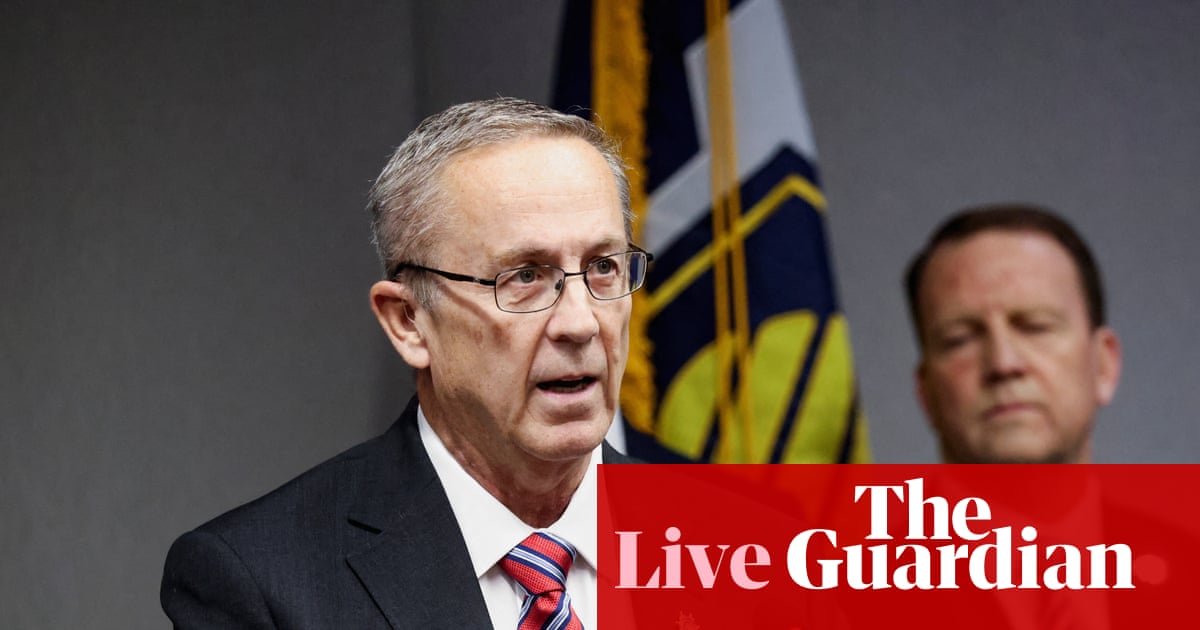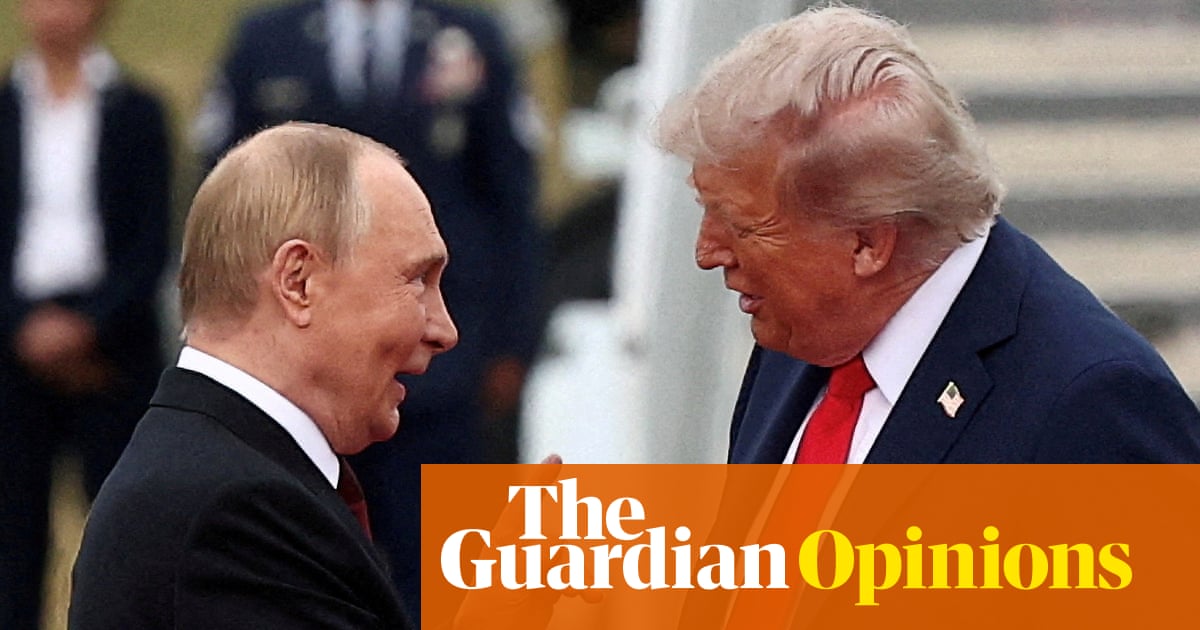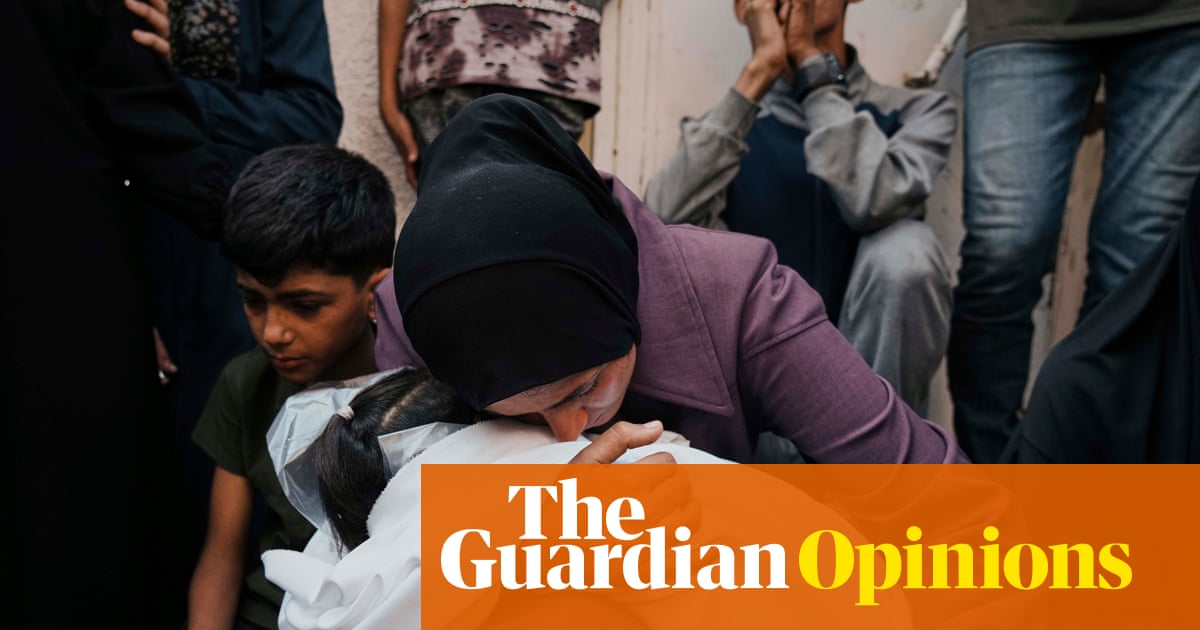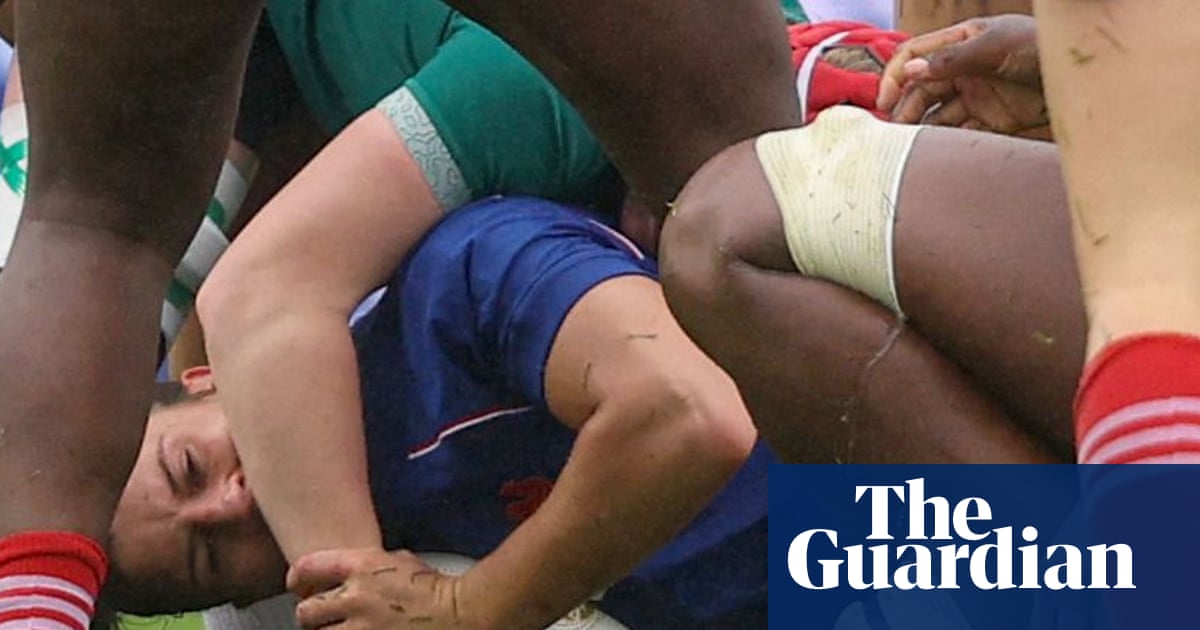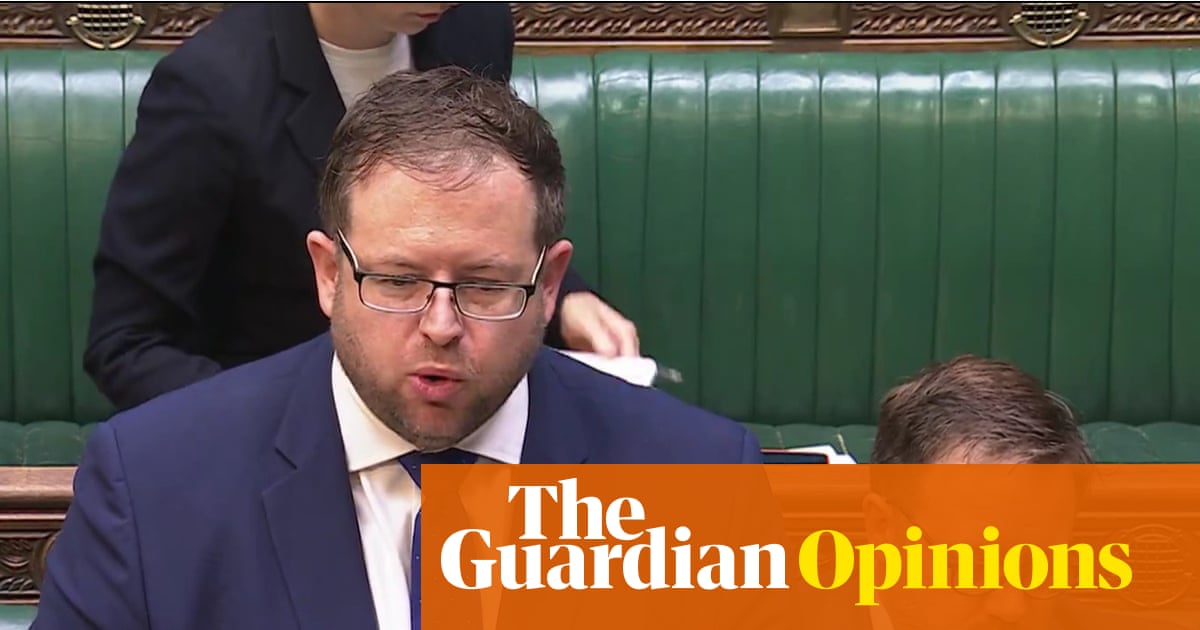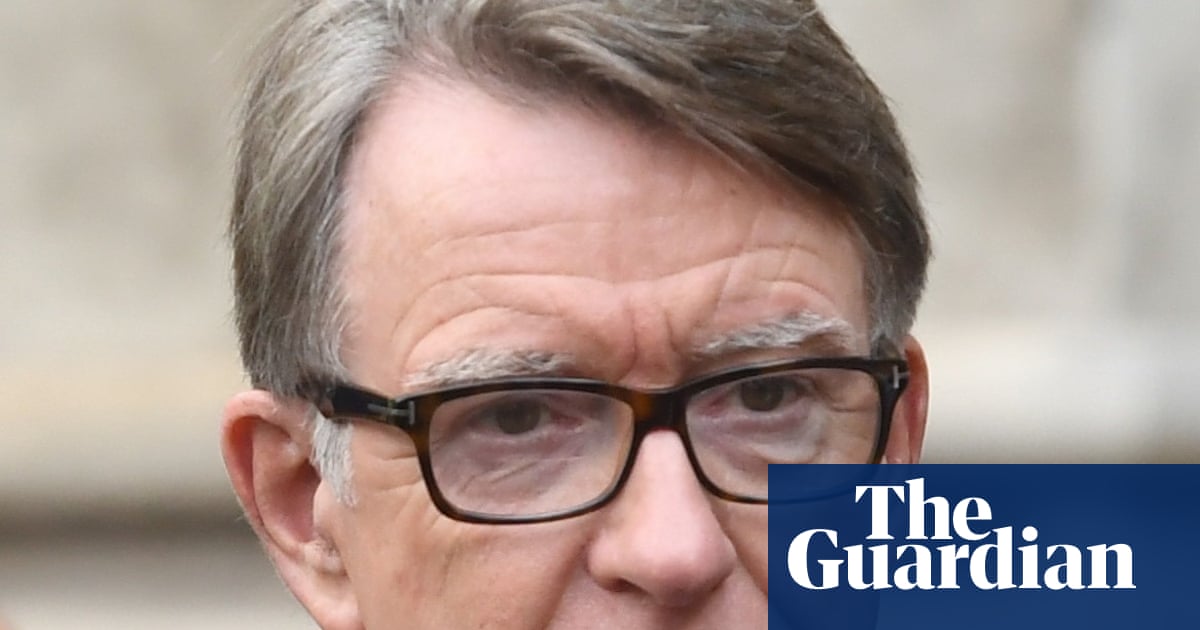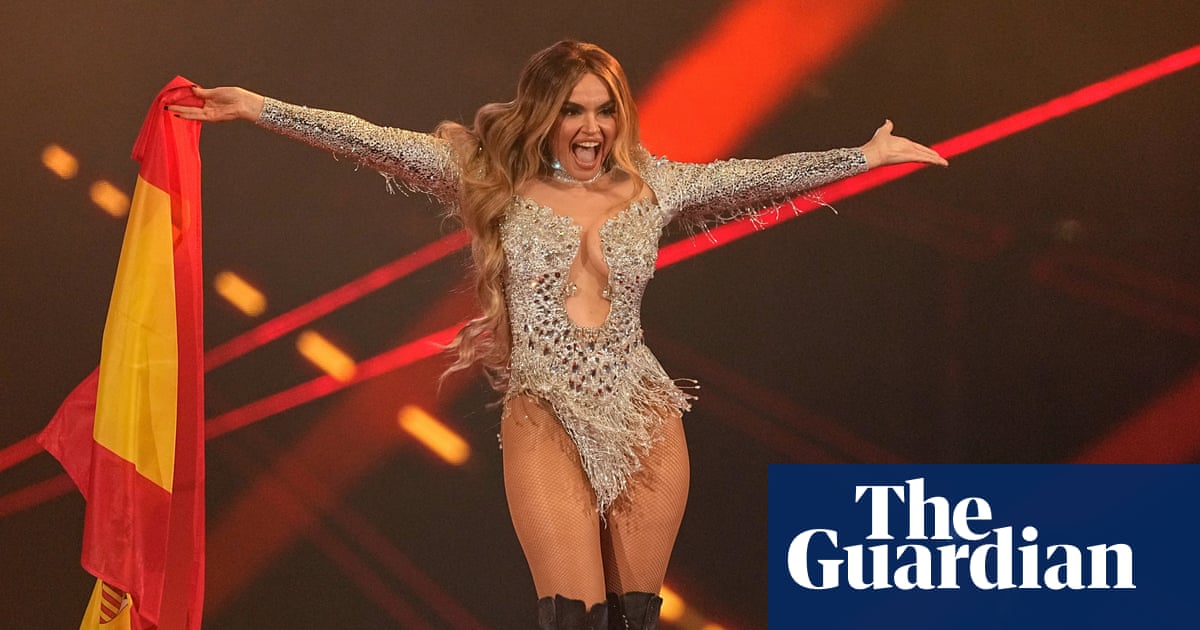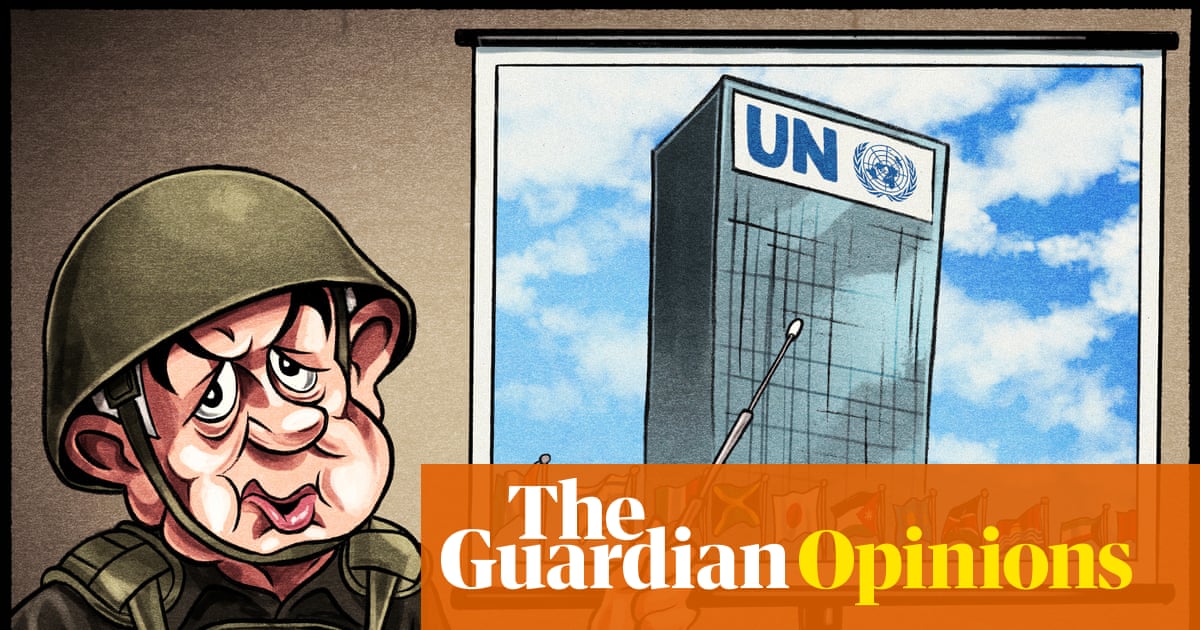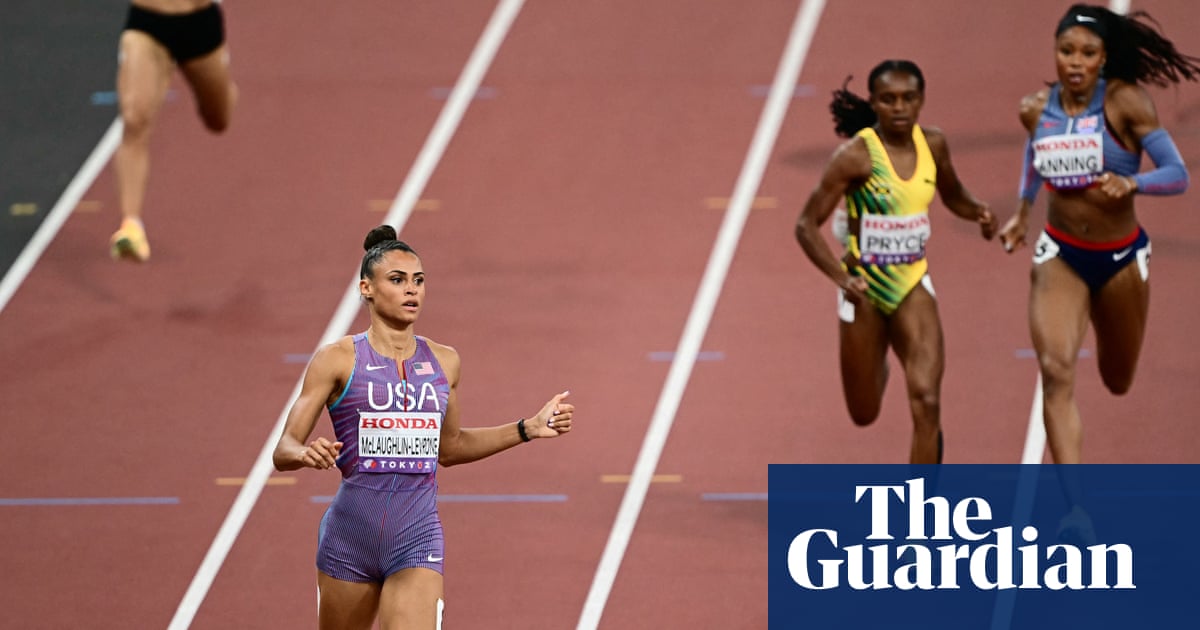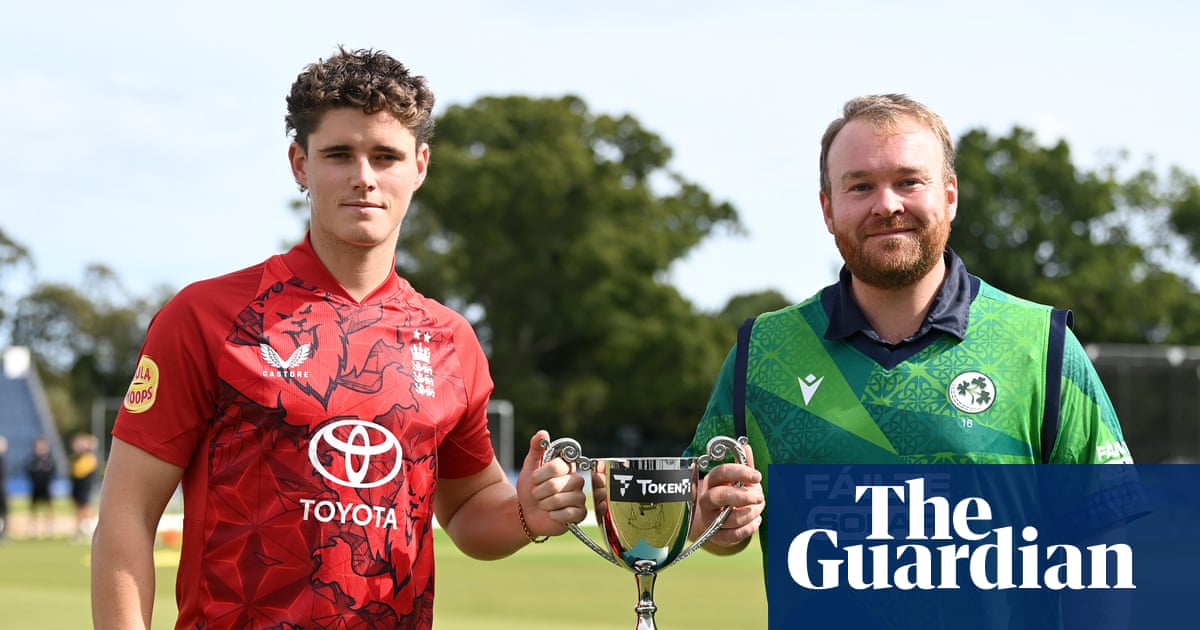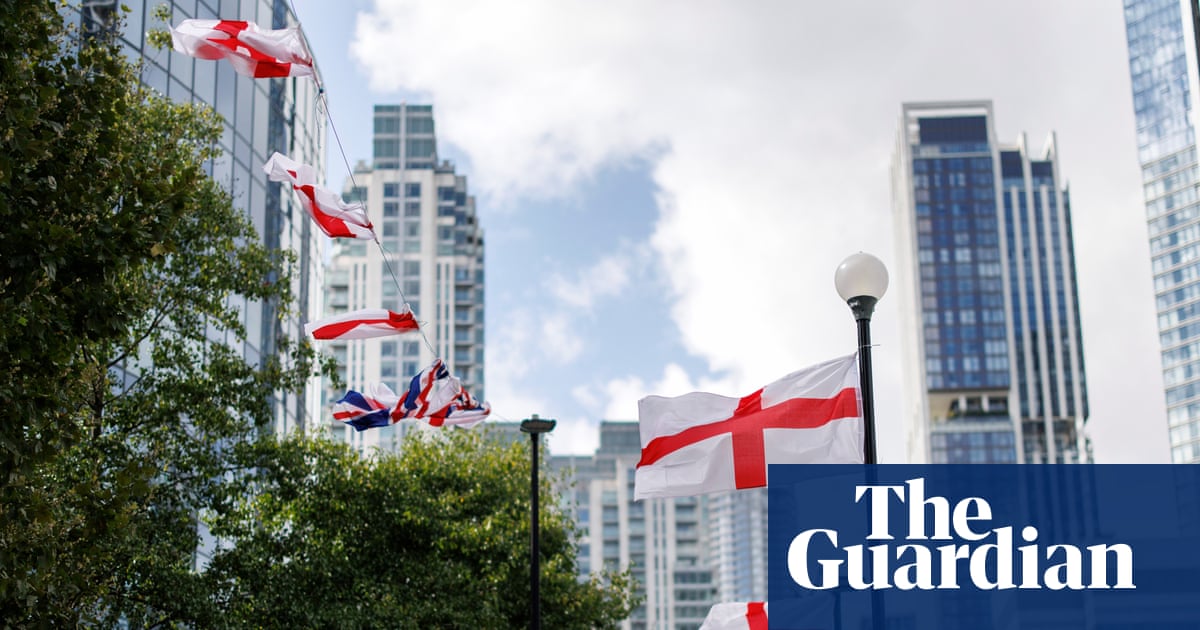There is plenty of contrast between the Chelsea side of 2012 – the last team to win the Champions League at the Allianz Arena – and this all-conquering PSG side. But, beyond the surroundings, there is another strand that links the two triumphs – a seeming absence of logic in their timing.
By 2012, the chance to win the Champions League looked to have passed for Chelsea. They had gone close before, in 2008, when they would have won it but not for that infamous John Terry slip in the shootout in the Moscow monsoon. Come 2012, they were an ageing team. Frank Lampard, Petr Cech, John Terry and Didier Drogba, the spine of the side, had entered their twilight years. The squad needed refreshing, as their sixth-placed finish in the Premier League laid that bare for all to see. And they were under the interim stewardship of Roberto Di Matteo. The conditions were not exactly ripe for Chelsea to lift the title in Munich.
The same applies to PSG. If a frontline of Lionel Messi, Neymar, and Kylian Mbappé could not deliver the Champions League, what could? Without Messi and Mbappé last season, PSG performed better in Europe, reaching the semi-finals. With Mbappé still at the club, however, the defeat to Borussia Dortmund, and the manner of it, felt like a major missed opportunity. When Mbappé left a few weeks later to join Real Madrid, he left a void that would not be filled. The expectation that their lack of superstars would hinder them on the European stage was dramatically subverted in the historic 5-0 win over Inter.
The superstars on the pitch have been replaced by a mastermind off it: Luís Campos. The Portuguese sporting director has completely overhauled the squad; seven of his signings started against Inter, including five who had been signed this year, and there were eight more on the bench. Forty players have also left the Parc des Princes in the past three years.
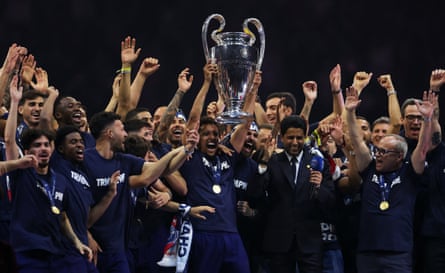
This side is unrecognisable from the one that was beaten by Bayern Munich in the Champions League final five years ago. Of the players in the squad that night, only Marquinhos and Presnel Kimpembe, who has played just a handful of minutes since suffering a serious achilles tendon injury in February 2023, remain. The Campos revolution at PSG represented a major upheaval, a disavowal of the previous regime, and one that was absolutely necessary.
His arrival in 2022 raised eyebrows, however. Campos was highly rated, especially in France, given that he had been the architect behind the Monaco and Lille title-winning sides, the only ones to deny PSG the Ligue 1 title in the past decade; if you can beat them, you’re good enough to join them. But there were questions about whether he was the right fit. Campos had always been the shrewd operator, someone who would extract the maximum from a minimal budget.
Financial means are not exactly in short supply at PSG, even if there were some Financial Fair Play concerns upon his arrival three years ago. The strategies implemented at his former clubs contrasted starkly with how PSG had been functioning for the decade before his arrival. With Messi, Neymar and Mbappé all at the club, the “bling-bling” era was at its peak; Campos was tasked with bringing an end to it.
Just as French political parties are frequently remoulded to become vehicles of their leaders’ own personal ambitions and ideologies, PSG has become a willing hostage to Campos’ vision. He didn’t like what he saw, so he changed it, and he was empowered to do so. From the outset, Nasser Al-Khelaifi changed his tune, channeling his recently installed sporting director and highlighting the need to end “bling-bling” and replace it with a “no player is bigger than the institution” ethos.
Even before Messi’s unsanctioned trip to Saudi Arabia, PSG were hesitant about renewing his expiring deal; the Argentinian left on a free in 2023 and Neymar followed him out that same summer, as did Marco Verratti, Mauro Icardi, Julian Draxler, Georginio Wijnaldum, Leandro Paredes and Sergio Ramos. The pillars of the old regime were crumbling as Campos laid the groundwork for his project.
After spending just under €150m in his first year, PSG splashed the cash in his second summer. They spent €450m on Ousmane Dembélé, Randal Kolo Muani, Gonçalo Ramos, Manuel Ugarte, Lucas Hernández, Bradley Barcola, Lee Kang-in, Lucas Beraldo, Milan Skriniar and Marco Asensio. There was no more working on a shoestring budget for Campos, whose own methods have evolved as a result. He is no longer fishing in the same ponds, but the success he had at Monaco and Lille has translated at the Parc des Princes.
By and large, those signings have coalesced with Luis Enrique’s vision, even if there are exceptions. Skriniar, an opportunistic pickup on a free, never looked to have a place in the side. Reports suggest that the manager, not yet in place at the time of his arrival, was opposed to the transfer. Then there is the case of Randal Kolo Muani, the most expensive transfer of the Campos era and also the biggest disappointment. Kolo Muani simply doesn’t fit in with Luis Enrique’s vision and so he was forced to rebuild his career at Juventus in the second half of the season.
Ramos, too, available for transfer this summer, has not made his mark, with Luis Enrique opting to play Dembélé through the middle. That choice has certainly been justified, but it has left over €150m worth of talent on the bench, or out on loan. At PSG, such a faux-pas is relatively inconsequential, as Saturday night showed.

But there are significantly more success stories than failures. Ruiz, Vitinha, and João Neves were all brought in by Campos to create what is most dynamic and technically gifted midfield in Europe; Willian Pacho, a relative unknown, was the best defender in Ligue 1 last season and was the origin of PSG’s second against Inter; then there are the homegrown talents: Désiré Doué and Bradley Barcola. Neither came cheap but simply casting an eye over the incredible pool of domestic talent marks a break from the previous regime. Some of their purchases seem no-brainers, hardly even worthy of praise, but PSG moved on them when others did not.
Another obvious choice has been the one to lean on the club’s academy. The way in which Kinglsey Coman, Christopher Nkunku and Mike Maignan were permitted to leave, rather than providing a pathway to success at the Parc des Princes has been a stick with which to beat PSG during the QSI era. With Warren Zaïre-Emery and now Senny Mayulu breaking through, the culture has changed.
The end of the galácticos era could have marked an end to PSG’s bid for their holy grail, the Champions League. Domestic rivals even may have smelt blood in the summer, however, Campos’ revolution has ushered in a new age of dominance, one that has taken Les Parisiens to even greater heights.
This is an article by Get French Football News

.png) 3 months ago
84
3 months ago
84




